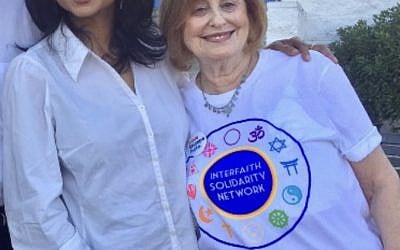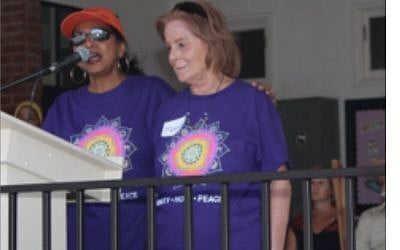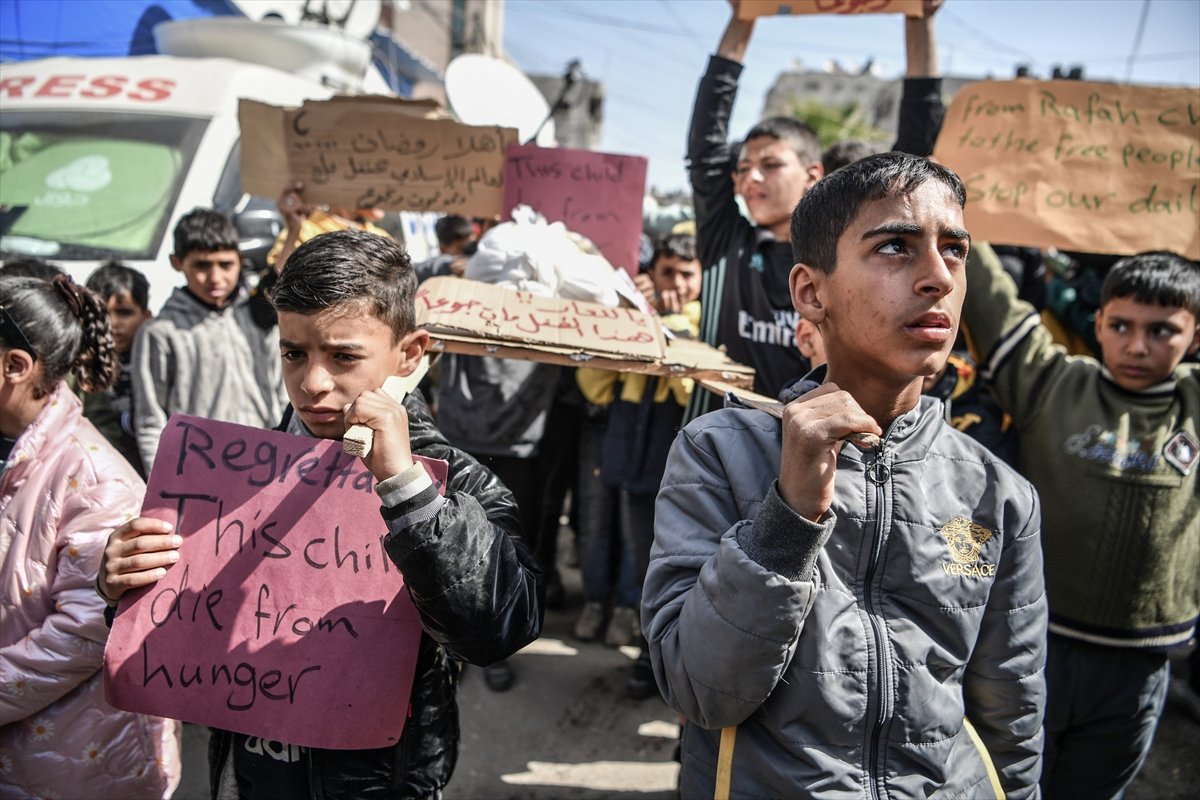Why Didn’t You Call Me After October 7th?
October 7, 2023, forever altered the landscape of Jewish-Muslim relations. Prior to that fateful day, many in the Jewish community believed that the world, moved by the shocking acts committed by Hamas, would unite in condemnation. Instead, the response in numerous Muslim circles has been a mix of silence, denial of wrongdoing, and even explicit justifications of the violence. This shift has left an indelible scar on a relationship that once promised solidarity.
In Los Angeles—a city celebrated for its diversity—the response to the October 7 events has been particularly painful. While some anti-Zionist voices on social media and among activists rejoiced in the massacre and embraced a narrative of further violence, what cuts deepest is the stark silence from those who used to stand in unity with the Jewish community. The silence is felt not only in overt acts of antisemitism but also in the absence of verbal support from long-standing interfaith allies.
An interfaith iftar that brought together members of a local synagogue and representatives from the American Muslim Multifaith Women’s Empowerment Council was marred by a subsequent social media post from the imam who led the prayer. His remark, expressing regret for participating in what he labeled a “Zionist iftar,” encapsulates the level of anger and misunderstanding that has seeped into religious observances, even during a holy month.
Incidents across the country have only deepened the divide. Acts of public protest under the banner of “Palestine” have too often spiraled into violence. One incident claimed the life of Paul Kessler, a man targeted simply for carrying an Israeli flag during a protest near a synagogue, and another saw antisemitic graffiti defacing a beloved local deli. Together, these episodes illustrate a growing trend of hostility combined with a deafening lack of communal rebuke from local Muslim leaders.
In the aftermath of October 7, Jewish-Muslim solidarity has fractured into a stark “before” and “after” dichotomy. Many within the Jewish community had expected an immediate and heartfelt repudiation of Hamas’s actions—a response characterized by shock and moral clarity. Instead, the narrative in many Muslim circles has shifted toward denial of the incident’s gravity and even celebration of the violence.
This polarization was further highlighted during an interfaith discussion at a prominent university, where a debate with a trio of Arab American women revealed a dismissal of the day’s significance and an allegation that Israel was deliberately misrepresenting events. Such conversations underscore the urgent need for spaces where open, respectful dialogue can begin to bridge these deep divides.
In response, a coalition of Muslim women, led by community organizers, came together with Jewish groups to address both antisemitism and anti-American sentiments across the United States. Over several months, they traveled, organized Zoom discussions, and addressed audiences at renowned institutions and community centers. Despite these efforts, a notable absence of Muslim voices has persisted at many events, including academic settings where Muslim students have reportedly resisted participation, at times even rejecting any dialogue with those they label as “Zionists.”
Unresolved grievances and heightened emotions have fostered an environment in which indifference and suspicion thrive, especially among young people. This growing polarization not only stifles opportunities for the long-overdue reconciliation between the two communities, but it also risks engendering a cycle of radicalization that could pervade future generations.
Many of the initiatives intended to rebuild bridges now feel hollow, as the spaces once filled with empathy and cooperation have grown silent. The erosion of interfaith dialogue—a vital conduit for understanding and conflict resolution—is both alarming and painful to witness. Throughout my own outreach efforts, despite a firm commitment to inclusivity and understanding, the lack of reciprocal engagement from parts of the Muslim community remains a stark, unsolved challenge.
History teaches us that reconciliation is neither easy nor immediate. One ancient narrative tells of the longstanding strife between two brothers—a story that exemplifies the difficult yet essential process of forgiveness, sacrifice, and rebuilding trust. In much the same way, true reconciliation between Jews and Muslims requires courage, empathy, and the willingness to risk old wounds for a chance at a harmonious future.
As we look forward, it is crucial for both communities to assess the barriers that continue to impede meaningful dialogue and collaboration. Our shared neighborhoods, schools, and aspirations depend on rekindling relationships that once promised unity. Only by embracing our common humanity, with compassion overcoming fear, can we hope to restore the vital interfaith bonds that once illuminated our diverse communities.
So, in the quiet aftermath of October 7, one burning question remains: Who will be the first to reach out and say, “Why didn’t you call me?”



Embracing Faith, One Insight at a Time!
The teachings of the Quran have always guided my path. With a deep passion for Islamic knowledge, I strive to blend the wisdom of tradition with the relevance of today, making the timeless messages of Islam accessible and meaningful for everyone.
Muslim Culture Hub is my platform to share historical insights and thought-provoking articles, exploring both well-known and lesser-discussed aspects of Islamic culture and beliefs. My mission is to create an inclusive online space where everyone can learn, strengthen their faith, and connect with the profound message of Islam.
Join the journey!
May peace be upon you.








